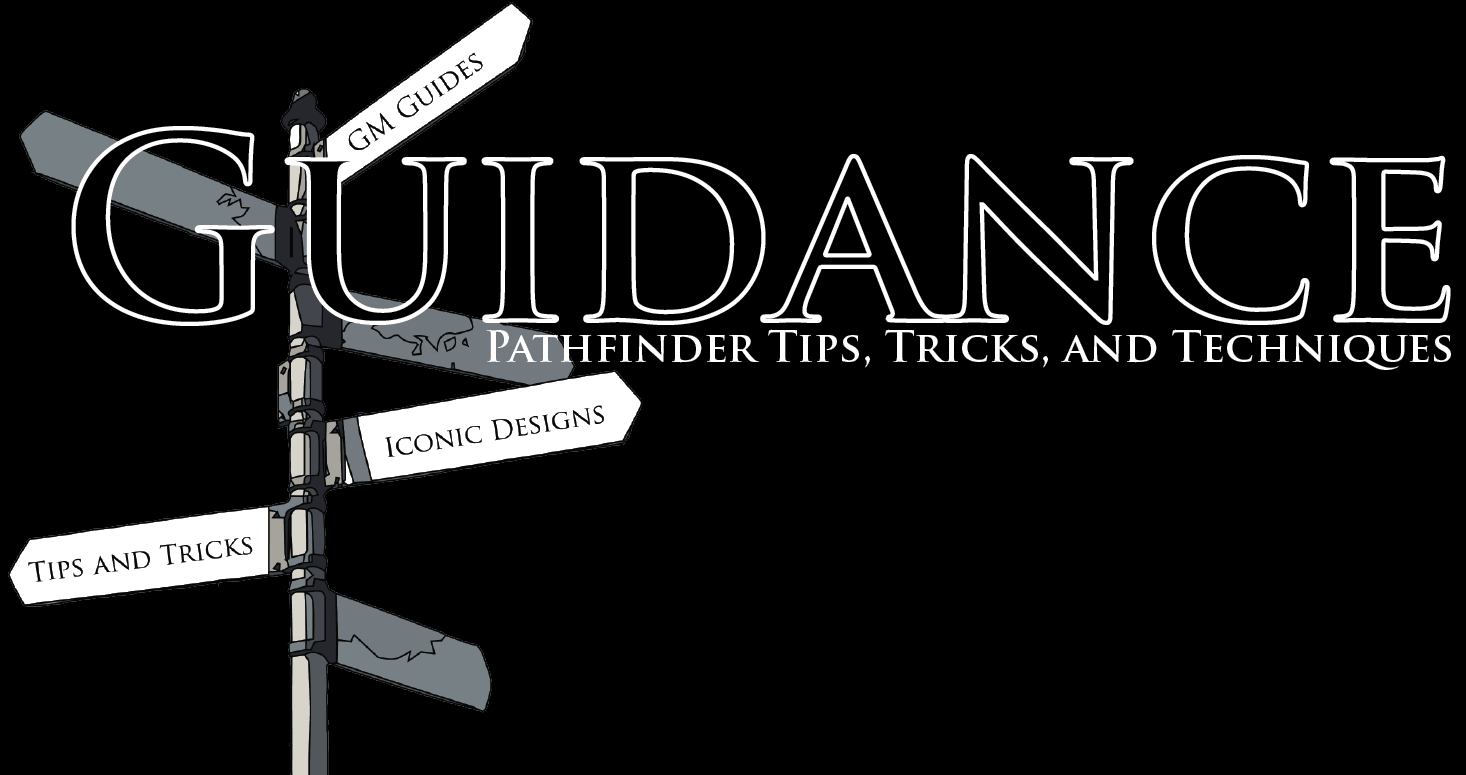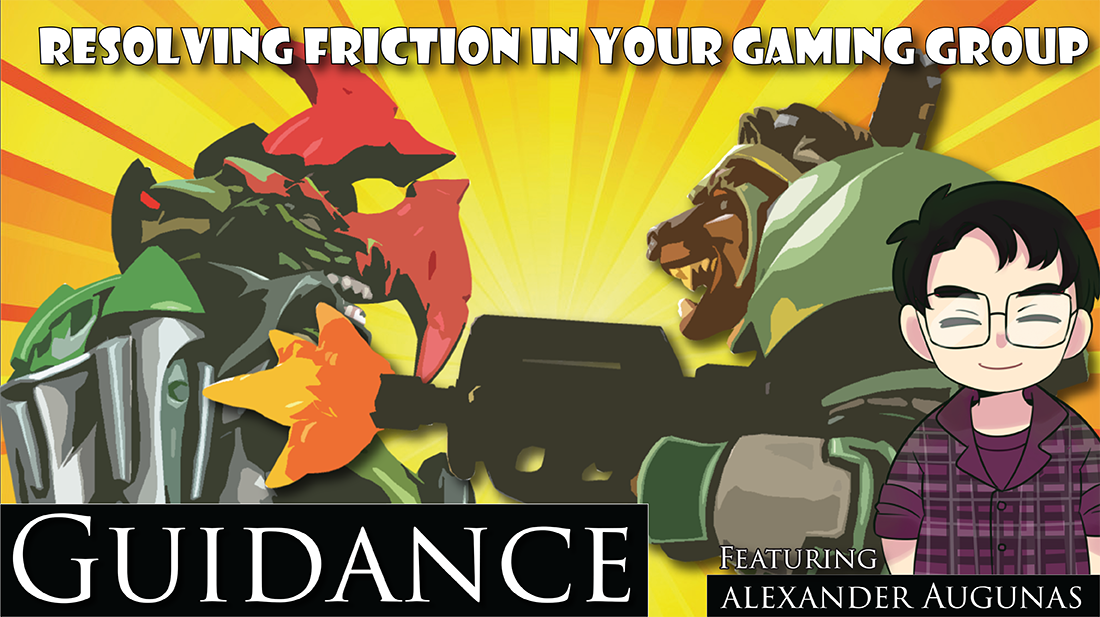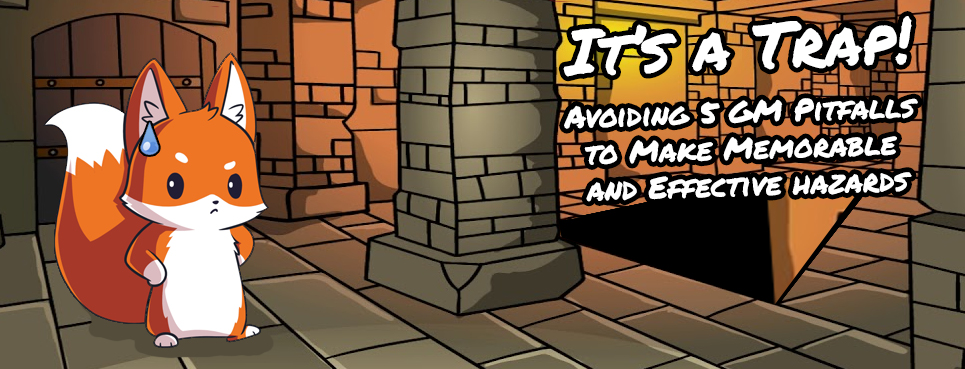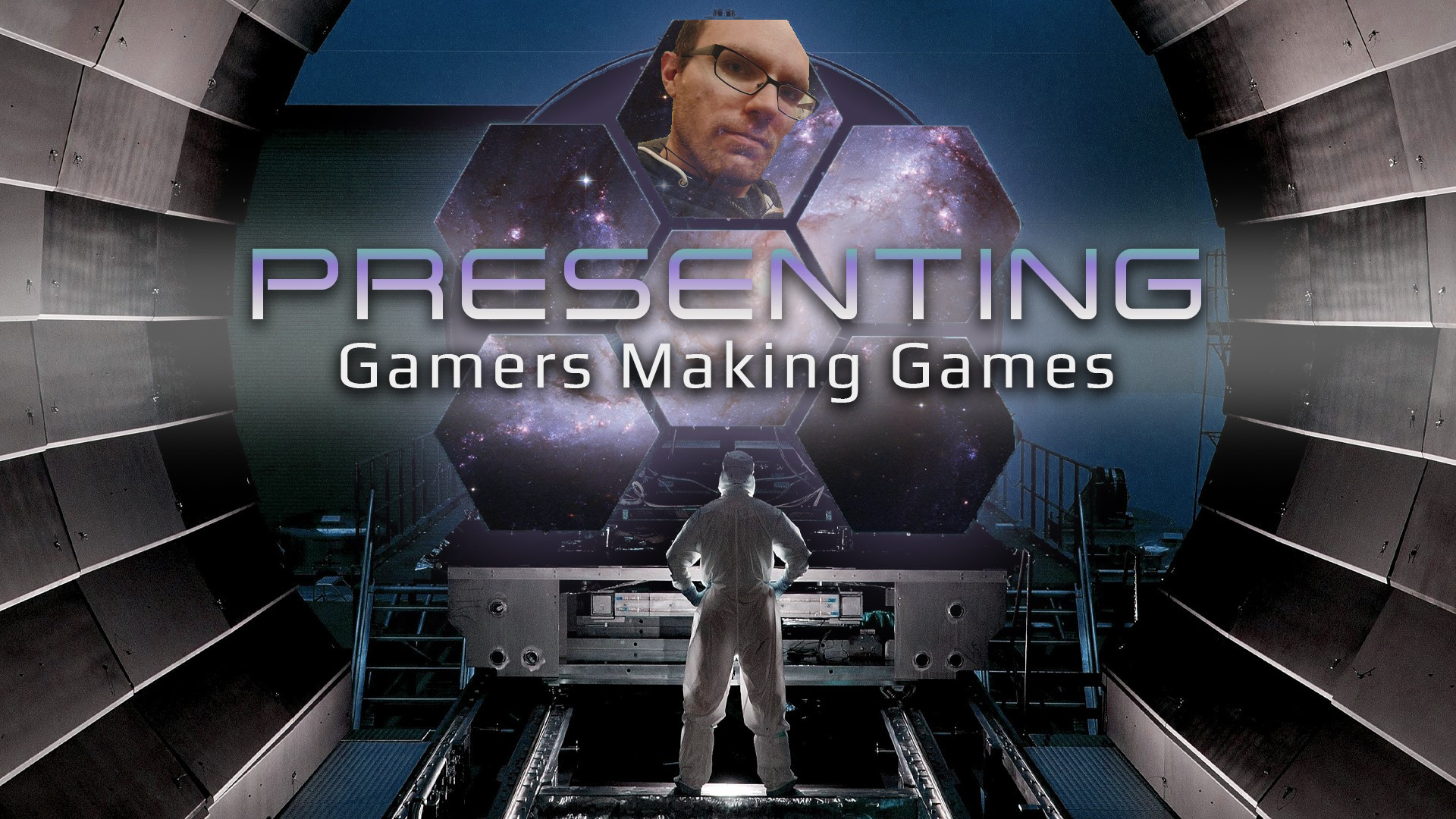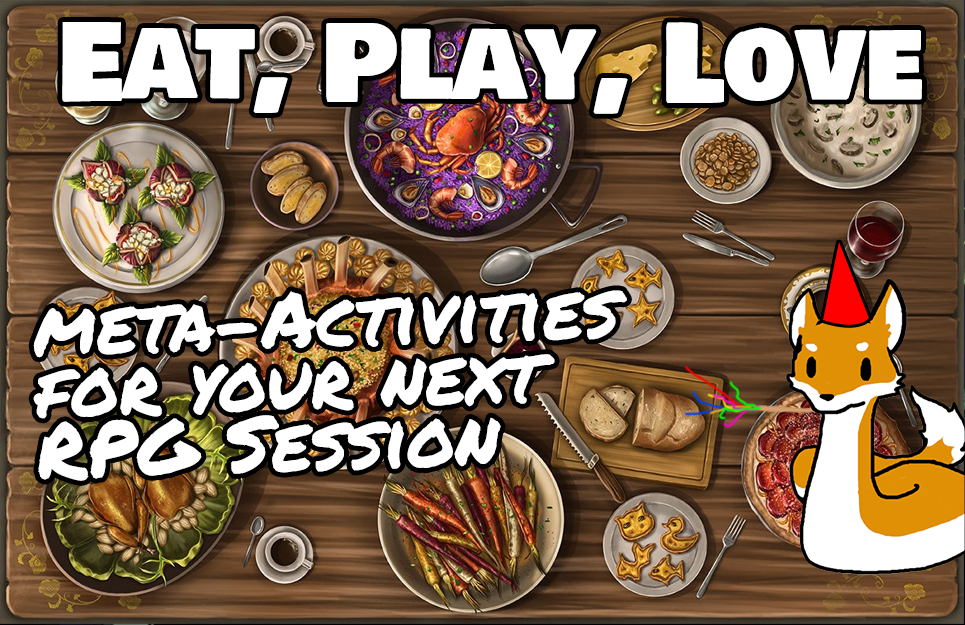Hello, and welcome to Guidance! I’m Alexander Augunas, Know Direction’s Everyman Gamer, and boy am I caught in a hard place this week. See, I really want to write up a bunch of new iconic designs for PF2 and Starfinder that utilize the buttload of new ancestry and species options for both games that are coming out this month in the Ancestry Guide and the Character Race Deck respectively, but the embargos on both products aren’t up until next week, so I’m sort of stuck not being able to use content from either of those two products. Hooray?
So instead, I decided to write my blog article about something that, frankly, is a little difficult to write about. As I’ve mentioned in several articles over the past few months, I’m currently running a Starfinder campaign for some friends that I call Teenaged Wasteland, where the characters are a bunch of high school kids at Metroheim’s Imperial War College in the Blood Space Campaign Setting. For the most part, running Teenaged Wasteland has been a ton of fun, but anytime you get a group of people together—especially a group of people that have never played a Tabletop RPG together before—you’re bound to run into conflict regarding playstyles and what motivates people to play the games they play.
Now, I’m going to be drawing mostly on my experience resolving this particular conflict as a tool for helping you, my wonderful readers, learn to resolve conflicts that arise at your table on your own. But knowing this, I ask that you bare with me if my examples seem somewhat vague. While I want to do my best give concrete examples to strengthen the usefulness of this blog article, I also don’t want to put any of my players on the spot or make anyone feel uncomfortable. Remember, you’re here for advice, not drama! (I hope, anyway.)
Anywoo, let’s get started!
The Tangled Webs We Weave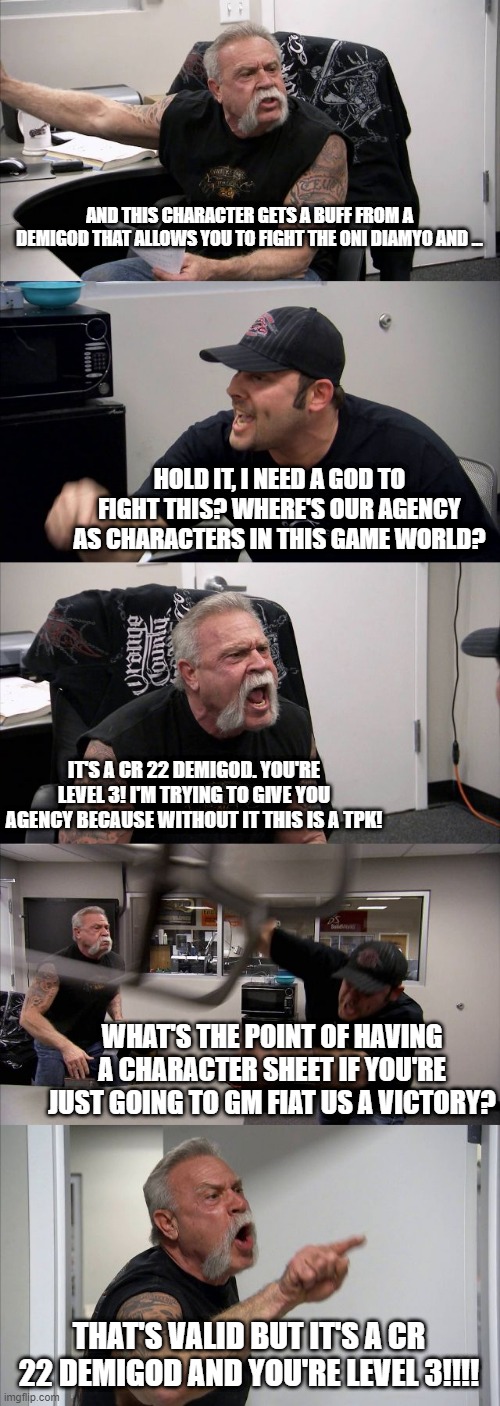
The most important piece of advice that I will give you in this article is as follows: Conflict is a natural part of interaction. Chances are if you never had a conflict with someone, you weren’t interacting closely with them. As humans, we perceive the world around us and process most of that information within the confines of our own minds, based on the information we have available when perception occurs. We can certainly look back on things we’ve perceived and reassess our perceptions based on new information, but in general reassessment is an active process while perception tends to be passive in the sense that something happens and you form an opinion on it in the moment. This is an important idea, because one event can happen to two people simultaneously, and those two people might form wildly different opinions on the event based on their own learning histories and perceptions. In this way, it’s important to remember that all perceptions are subjected to the bias of one’s personal history; true objective observation is rare and in many cases, is a skill that one must develop rather than one people just have inherently. (If you’ve ever heard of mindfulness training, the art of mindfulness is, in many ways, learning to take a more objective stance at observation in order to calm one’s anxieties and emotions.)
To give an example of how perceptions can differ on a single event, let’s talk about Teenaged Wasteland. In what I dubbed the “Season Finale” of Teenaged Wasteland’s first season (Levels 1-3), I had the players face off against a group of cultists that were trying to break a CR 22 nogitsune daimyo free from her multiple-millennia imprisonment. In that encounter, the party sat and planned this delightful blitz strategy where they would try to interrupt the ritual by smashing this evil-sealing jar that was present at the ritual sight, hoping that without the careful release of chakra from the jar they would lose control and the ritual would backlash on their enemies. Unfortunately, the ritual was mostly about unsealing said jar, which only a certain member of their party could break due to his ties to the deity that sealed the jar in the first place, so their plan broke open the jar and immediately freed the trapped demigod. From there, things got weird. A few PCs tried to attack the demigod and were polymorphed for their arrogance. One PC stood their ground and tried to apologize for capturing the demigod by offering to hug her. As a GM, I wasn’t exactly sure how this group was going to get out of this situation to regroup so I pulled a dues ex machina that I had developed in advanced for a situation such as this, a sort of, “Smash the Glass In Case They F#@! It All Up” safeguard. The demigod was sealed at a shrine to a second demigod, and that demigod manifested, empowered one of the PCs with a buff that let the rest of the group “fight” the demigod long enough to escape, and rah, save the day! Or, so I thought.
After that game, I got feedback from about half of my group that they felt the dues ex machina devalued their character’s own abilities, and that they should have been able to fight the demigod on their own. There was a strong sentiment of, “The way this played out removed my personal agency within the campaign and that wasn’t fun.” The net result was a conflict between these three players and myself, the GM. And of course, conflict doesn’t have to mean, “We’re all screaming and yelling and throwing chairs like we’re on Orange County Chopper.” Sometimes it means that we all awkwardly sit in Discord as a bunch of grown-ass adults and try to talk about our feelings and perception of events.
How to Awkwardly Share Your Feelings in Discord
When conflict happens, the most important step is dialogue. A dialogue needs to open up between all parties involved, and it needs to happen soon. In my experience, what often happens is something like this:
- Someone has a problem with someone else. Begins conflict.
- The conflicted party attempts to outreach to others, typically those perceived as neutral, in an attempt to build solidarity.
- Once solidarity is achieved, the group attempts to correct the problem, using numbers as justification. If solidarity can’t be achieved, the conflicted party usually attempts to leave the group.
GMs, players, literally anyone reading this article. Mustering an army is not how to resolve a conflict in a tabletop RPG. Because ultimately, that’s what you’re trying to do, whether you can admit it or not. You’re mustering forces in order to take on a perceived threat. And this sucks. Why? Because in doing so, you’ve labeled the person you’re in a conflict with as your enemy, and if you tell someone that they’re your enemy, chances are that they’re going to start seeing you as their enemy too, and that can persist even after the conflict has been resolved. This will likely lead to more conflict down the road, or can simply make things awkward at the gaming table—it depends on the person and the circumstances.
That being said, a private discussion isn’t always the safest option either, nor is a group discussion. There’s a certain level of vulnerability that comes with letting people know how you’re feeling in front of a group, and not knowing how others are going to react to your opinions and emotions that can be really tough for the typical person to place themselves in, especially when it’s one-on-one, you against the source of your conflict. Seeking support is a natural response to that kind of vulnerability, but it’s likely to leave others feeling vulnerable as you feel less vulnerable. So, what do you do in this situation?
In the Teenaged Wasteland situation, one of my players reached out and reached out to three of my six players players. Of those three players, two agreed with them and one partially agreed with them. So what ended up happening is that I heard through the grapevine that the one player wasn’t happy and I called a group meeting together. The player who reached out to me lashed out a bit and then the rest of us talked. I offered to sit down and chat with everyone one-on-one about the campaign, discussed story arcs, what they liked and didn’t like, and where they saw their character going as we headed into Season 2 of Teenaged Wasteland. My conversations with the player who rallied the others were difficult for me for the reasons I already stated; it is difficult to view a friend as a friend when they muster other people against you. It took me a fair amount of time (and mindfulness) to pull myself out of that conflict and reach a point where I could work with them; this is why I flat-out don’t recommend the “rallying your friends behind you against another player/your GM” approach if you don’t want that game to collapse. Removing your own vulnerabilities is great and all, but you ultimately end up shunting them to someone else, and if that person can’t handle it you’ll probably watch your game crumble. Even with my willingness to hear feedback and improve, Teenaged Wasteland had to go on a hiatus for the entire month of January while we talked about and resolved those issues. For another GM, that hiatus could have flat-out destroyed the campaign, because I certainly went through a period of, “Why am I putting all this work into Teenaged Wasteland when I’m being treated like this?”
The most important thing is that, at the end of the day, the people you are playing a Tabletop RPG with need to be people you trust, but you also need to be a person that the people you play Tabletop RPGs with trust too. If you crusade against someone, they’re not going to trust you.
Dawn of a New Day
I wish I could say that I knew exactly how any conflict that you get into during a Tabletop RPG will resolve. I really, truly don’t. Conflict is such a group-sensitive, personal thing that it’s impossible to predict how it’ll play out every time. At the end of the day, I think it’s helpful to take a moment and reflect on the following before you do anything that could cause a conflict in your group.
- Do I want to continue to play this game?
- If yes, what needs to change for me to be able to play this game?
- Am I willing to compromise on this change?
Do I want to Continue to Play?
This is probably the most direct question. Is the conflict sufficient that you don’t want to play anymore, or do you want to keep playing? If the answer is, “No, I don’t want to play anymore,” then honestly, it’s probably best for you to make the decision to leave the game. Tell the group why you’re leaving, but don’t play the game of, “Convince me to stay.” That’s really narcissistic and ultimately it just strains the lives of people that you might not want to play with. Knowing when to back out of a game is honestly an artform that takes a real sense of maturity; the person I know of who is best at this is Know Direction’s own James Ballod. James has an amazing ability to be like, “I am not enjoying this, so I’m done. Nothing against y’all, but I need to do me first.” There is nothing wrong with bowing out from a commitment that you cannot do or no longer wish to do, especially when that commitment is supposed to be something fun and enjoyable like a Tabletop RPG.
What Needs to Change?
Knowing the change you’re looking for is really important. Try to make your desired change actionable, such as, “I want to see adventures increase player agency by relying less on GM fiats that feel like they trivialize our abilities.” That’s a helpful statement of feedback that can let other people know exactly what they can do to make your tabletop RPG experience more enjoyable for you. An example of feedback that isn’t quite so useful (and isn’t what I got from my Teenaged Wasteland players) is a laundry list of complaints. For example, just flat-out saying, “I’m upset because X,” isn’t all that helpful because it’s not offering any solutions on how to fix the issue. Telling others that you’re upset is important, but it’s only half of the solution. You need to be able to verbalize why you’re upset and what can be done to change it.
Is Compromise Possible?
Sometimes the things that cause conflict can’t be comprised about. Sometimes they can be. It is important for you, as someone who is experiencing conflict, to know where that line is for you. A great example that is unrelated to Teenaged Wasteland—X cards. If your GM has your group fill out X cards and the source of the conflict is that yours has been violated, there’s probably no compromise there and that’s okay. Everybody has lines in the sand that should not be crossed, and the fact that the conflict stems from your safety being violated and that you will not compromise on that is both useful and important information. Other times, compromise is possible. Going back to Teenaged Wasteland, one of my players felt like a story development rendered him unable to connect to his character, and he wanted to swap characters. This wasn’t a hard conflict for them, though. I offered to sit down with them, chat about their story arc thus far with them and pull back some of the curtains a little bit with my future plans privately. After that, I suggested that they continue to play with this character into the next story arc, and if they still felt disassociated with the character that we could retire said character and bring a new one in. The player agreed, so we sat down a few days later and chatted for a bit about what his goals were for the character. We came up with some tweaks and set a plan to review how they were going after the next adventure concluded (which happened on Valentine’s Day). I checked in with him, asking if he still wanted to switch his character, and they declined. The new direction and improvements to the campaign were working with them so far, and they wanted to continue with what they had.
In Conclusion,
Conflict between friends is messy, and in a setting as intimate as a tabletop RPG, that conflict can accidentally become personal because so many players accidentally invest tangible amounts of their personality and values into their characters. As a result, conflict between players often becomes personal real fast, and as a result it’s best handled seriously and with compassion. I hope my anecdotes helped you understand how to resolve conflict between members of a Tabletop RPG group, and hopefully my advice helps you keep your gaming group gaming the next time you experience a little bit of conflict at the table.
This is Alexander Augunas, Know Direction’s Everyman Gamer, signing out to figure out how to build at least four dozen foxes in like two different Paizo game systems!
